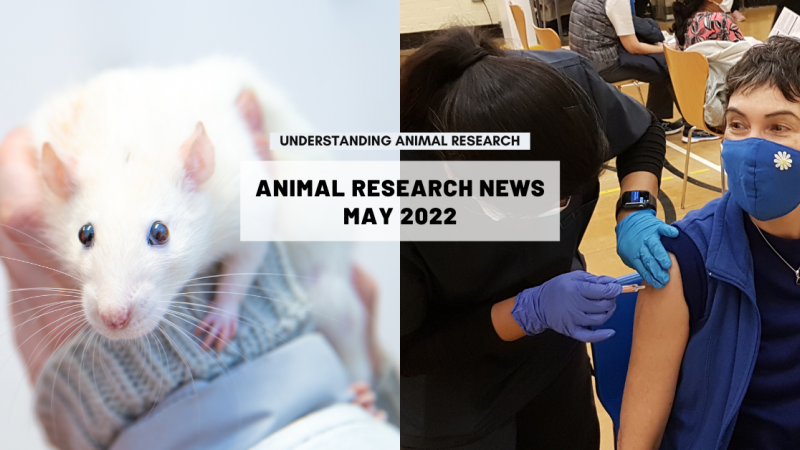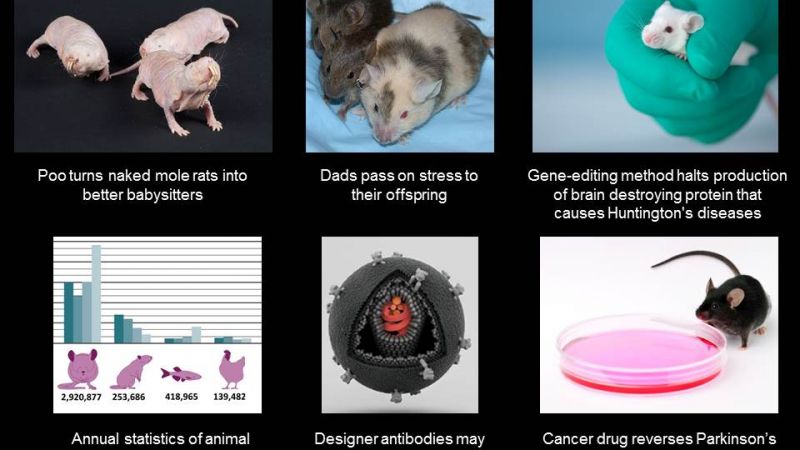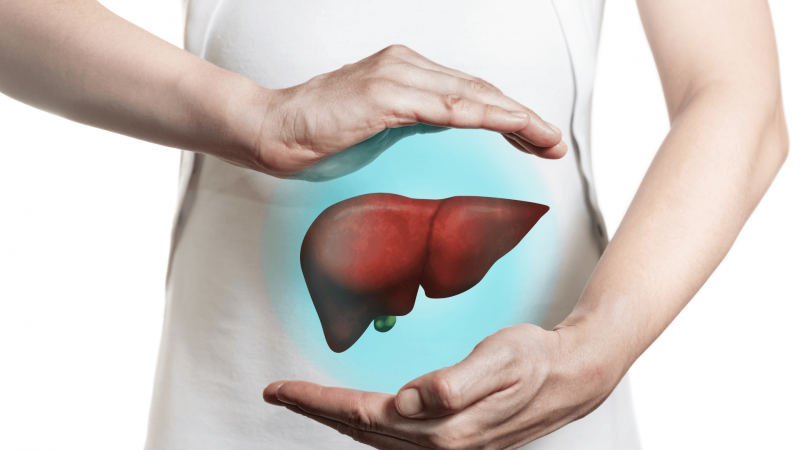Scientists have restored the motor functions of mice with symptoms of an incurable neurological disorder, by raising levels of a molecule naturally found in the brain. The findings suggest that the molecule, which has already been used to treat other conditions, could significantly improve the lives of people suffering from Huntington’s disease.
Huntington’s disease is a genetic disorder that causes nerve cells in the brain to malfunction and die. Scientists are unsure why, but believe it is largely due to a mutant protein, called huntingtin, produced by a single faulty gene. Symptoms usually begin after the age of 30, with progressive loss of motor control, as well as loss of the ability to think clearly and changes in personality. The incurable disease is extremely debilitating leaving patients with a life expectancy of less than 20 years following diagnosis.
Previous research has also found that brains of patients with Huntington’s have lower levels of a cell signalling molecule called GM1. Experiments using cell cultures found that this caused cell death and other cellular problems typical of Huntington’s disease. The researchers believed that they may be able to prevent these symptoms by raising levels of the cell signal artificially.
Synthetically produced GM1 was injected directly into the brain of mice that have been genetically engineered to contain mutant huntingtin protein and develop symptoms. After 12 days of treatment the mice showed normal motor coordination, but this improvement was reversed if treatment ceased. Further experiments found that molecule was involved in a signalling pathway that resulted in a modification to huntingtin, which prevented it from being broken down into smaller, more toxic fragments. By adding GM1, the scientists were helping to brain avoid this toxic breakdown.
GM1 is already being trialled in patients for treatment of Parkinson’s disease, another neurological disorder, and appears safe. So a similar treatment could be developed for Huntington’s disease in the near future.
For more about Huntington's Disease see the page at AnimalResearch.info.
Last edited: 27 October 2022 18:48



